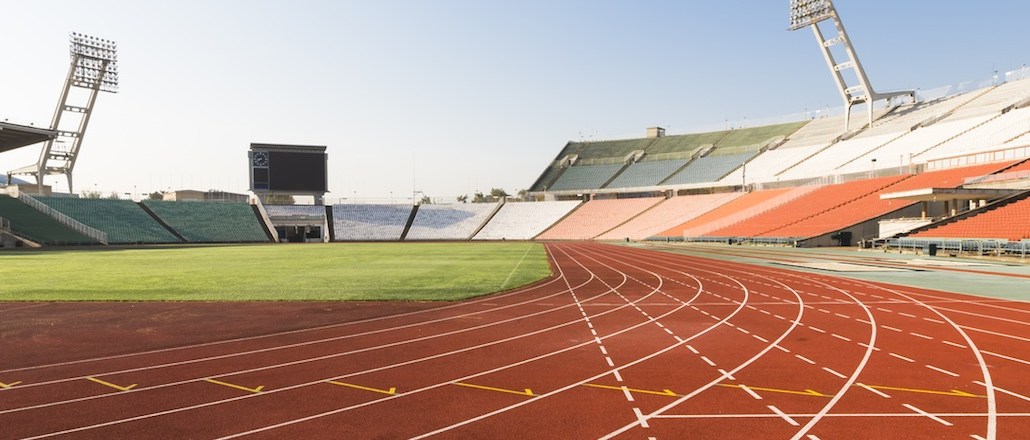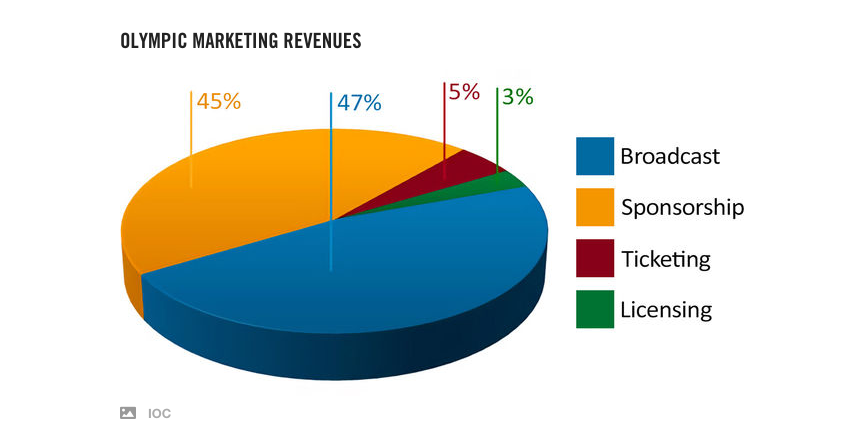Connect with execs from The New York Times, TIME, Dotdash Meredith and many more

Come August, athletes aren’t going to be the only ones competing at the Summer Olympics in Rio de Janeiro. With fewer than 60 days before the games kick off, marketers have already started ramping up their efforts around the event.
“It may seem a bit premature, but it’s pretty typical for brands to start capitalizing on the Olympics 100 days prior,” said Basia Wojcik, director of global and Olympic consulting at The Marketing Arm. “Especially in the U.S., this is when NBC starts their promotions, so it makes sense.”
Sponsorship and broadcast revenue as well as global audiences for the Olympics have continued to grow every year, so it’s no surprise that brands are willing to shell out upwards of $1 billion for each four-year Olympiad period. But experts say social media is expected to play a more important role in 2016 than ever before.
“Sports particularly dominate the second screen due to their real-time nature and the Olympic games provide a prolonged version of this,” said Luke Bonner, sports and entertainment marketing manager at GYK Antler. “There are tons of opportunities for brands to capitalize on social media in real time.”
Since the largest global sporting event is so sprawling, we’re breaking it down into more digestible bits for you. Here are the Rio de Janeiro Olympics, by the numbers:
Attending athletes
10,000+
Years since the modern Olympic games have been happening
120 (Since Athens in 1896)
Days the Rio Olympics run
19
Number of Olympic sports at Rio 2016
42
Number of sporting events at Rio 2016
306
Number of first-time Olympic sports
Two: golf and rugby sevens
Revenue breakdown of the International Olympics Committee
47 and 45 percent for broadcast and sponsorships each, and only 8 percent from ticket sales and licensing

Projected cost of the Rio Olympics
39.1 billion reais ($11.5 billion), according to the Public Olympic Authority of Brazil
Number of worldwide Olympic sponsors
11, including Coca-Cola, Atos, Bridgestone, Dow, GE, McDonald’s, Omega, Panasonic, P&G, Samsung and Visa
Number of times Coca-Cola has sponsored the Olympic Games
This year will be the 20th since 1928 in Amsterdam
Number of domestic sponsors (TeamUSA)
28, including Hershey’s, Hilton, Chobani and AT&T among others
Amount NBCUniversal has spent on securing media rights for Rio
$1.2 billion
Number of hours of Olympic programming NBCUniversal will produce this year
6,000+ hours
Amount NBC has already made from ad sales for Rio 2016 (in the U.S.)
$1 billion as of March 29, 2016, with the number expected to surpass London 2012’s $1.3 billion in ad sales
Net ad spend increase in the global market because of Olympics 2016
$2 billion, according to ZenithOptimedia
Ad-spend increase in the U.S. in 2016 because of the Olympics
4 percent, according to ZenithOptimedia
Number of global viewers expected to watch Rio 2016
More than 3.6 billion (3.635 billion for London 2012)
Number of American viewers expected to watch Rio 2016
More than 217 million who watch 2012 London Olympics
Viewers likely to use second-screen devices during the Olympics
85 percent of likely Olympic viewers, according to Global Web Index
Number of minutes users are likely to spend on online video
41 minutes on average, according to Global Web Index
Number of fans on Rio 2016’s Facebook page
More than 1.4 billion
Number of fans on Rio 2016’s Twitter account
More than 293,000
Number of fans on Rio 2016’s Instagram
More than 163,000
More in Marketing

In Graphic Detail: Inside the state of the creator economy industrial complex
The creator economy might have started out as an alternative to traditional media, but is becoming more and more like it as it professionalizes.

Shopify has quietly set boundaries for ‘buy-for-me’ AI bots on merchant sites
The change comes at a time when major retailers like Amazon and Walmart are leaning into agentic AI.

WTF is ‘Google Zero’?
The era of “Google Zero” — industry shorthand for a world where Google keeps users inside its own walls — is here.





